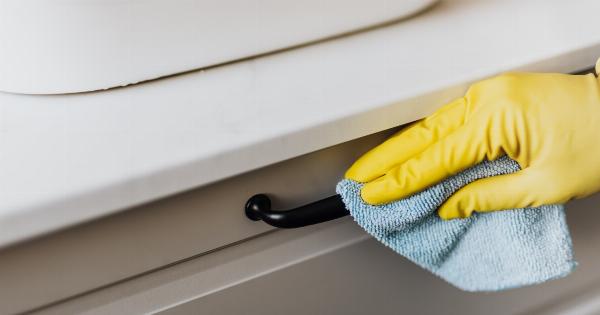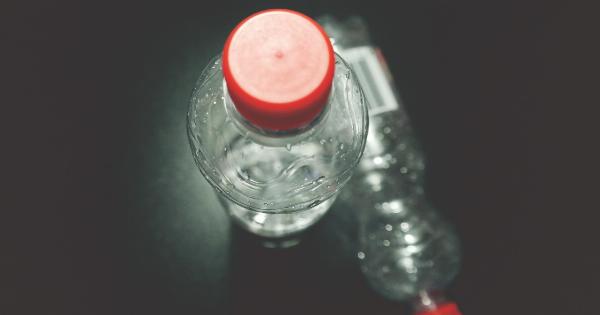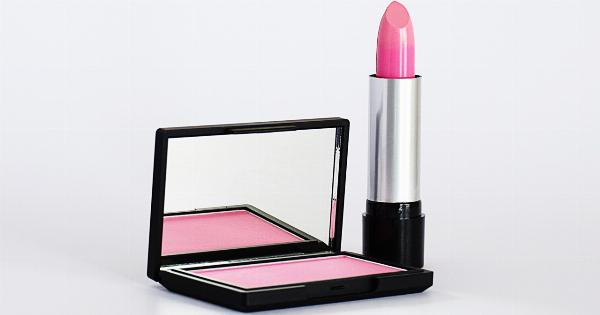Keeping your environment clean and germ-free has always been essential. However, with the recent global pandemic, the need for maintaining proper hygiene and sanitization has become even more apparent.
One effective tool in the fight against germs is antibacterial wipes. These convenient and portable sanitizing wipes are designed to kill bacteria and reduce the spread of infections. In this article, we will explore everything you need to know about antibacterial wipes and how they can help you stay germ-free.
What are Antibacterial Wipes?
Antibacterial wipes, also known as disinfecting wipes, are pre-moistened disposable wipes that are treated with an antibacterial solution. These wipes are specifically formulated to kill germs, bacteria, and viruses on various surfaces.
They are often used for cleaning and sanitizing commonly touched objects or surfaces, such as doorknobs, phones, shopping carts, and kitchen counters.
How Do Antibacterial Wipes Work?
Antibacterial wipes contain chemical compounds that are effective against harmful microorganisms. The active ingredient in most antibacterial wipes is benzalkonium chloride, which has been proven to exhibit antimicrobial properties.
When you use an antibacterial wipe on a surface, the solution in the wipe helps to break down and destroy the cell walls of bacteria, effectively killing them. This mechanism works by disrupting the functions and structures within the bacterial cells, rendering them unable to survive.
The Benefits of Using Antibacterial Wipes
There are several advantages to using antibacterial wipes for maintaining a germ-free environment:.
- Convenience: Antibacterial wipes come in portable packaging, making them easy to carry around and use whenever and wherever needed.
- Effective Cleaning: These wipes provide a quick and hassle-free way to clean and disinfect surfaces without the need for additional cleaning agents.
- Versatility: Antibacterial wipes can be used on various surfaces, including hard surfaces, fabrics, and electronic devices, without causing damage.
- Reduced Cross-Contamination: Since antibacterial wipes are disposable, they can be used once and then discarded, reducing the risk of cross-contamination compared to reusable cleaning cloths.
- Improved Hygiene: Regular use of antibacterial wipes helps maintain a hygienic environment by killing harmful bacteria and viruses.
Tips for Using Antibacterial Wipes
To ensure the maximum effectiveness and to get the most out of your antibacterial wipes, consider the following tips:.
- Read the Instructions: Always read the instructions provided by the manufacturer before using the wipes. This will help you understand the recommended contact time and any precautions you need to take.
- Target High-Touch Areas: Pay special attention to high-touch areas and surfaces that are frequently exposed to germs, such as doorknobs, light switches, and faucets.
- Use Multiple Wipes if Needed: If you are cleaning a larger surface area, you may need to use multiple wipes to ensure even coverage and thorough disinfection.
- Avoid Contact with Eyes and Open Wounds: While antibacterial wipes are safe for most surfaces, they should not come into contact with eyes or open wounds, as they may cause irritation.
- Store Wipes Properly: To prevent them from drying out, always seal the packaging of the wipes tightly after each use and store them in a cool, dry place.
Limitations of Antibacterial Wipes
Although antibacterial wipes are effective in killing many types of germs, it is important to note that they do have some limitations:.
- Virus Specificity: While antibacterial wipes can effectively eliminate bacteria, they may not be as effective against certain viruses. It is important to check if the wipes are labeled as antiviral.
- No Lasting Protection: Once the surface dries after using the wipe, it is no longer protected against new germs. Regular usage or additional protective measures may be necessary for a long-lasting germ-free environment.
- Not Suitable for Food Contact Surfaces: Antibacterial wipes should not be used directly on surfaces that come into contact with food as they may leave behind residues that are not safe for consumption. It is important to use wipes specifically designed for food contact surfaces in such cases.
- Not a Substitute for Hand Hygiene: While antibacterial wipes are effective in disinfecting surfaces, they should not replace proper hand hygiene practices like washing hands with soap and water or using hand sanitizers.
Choosing the Right Antibacterial Wipes
When selecting antibacterial wipes, it is important to consider the following factors:.
- Active Ingredients: Look for wipes that contain effective antibacterial agents such as benzalkonium chloride or ethanol.
- Surface Compatibility: Ensure that the wipes are suitable for the surfaces you intend to clean. Some wipes may be specifically formulated for electronics, while others may be more suitable for general household surfaces.
- Antiviral Properties: If you require protection against specific viruses, choose wipes labeled as antiviral.
- Package Size and Portability: Consider the size of the wipe package and choose one that is convenient for your needs, whether it’s for travel or home use.
- Environmental Considerations: Look for wipes that are biodegradable or made from sustainable materials if you are conscious of environmental impact.
Proper Disposal of Antibacterial Wipes
After using antibacterial wipes, it is important to dispose of them properly:.
- Do Not Flush: Never flush antibacterial wipes down the toilet, even if they are labeled as flushable. They can cause blockages in plumbing systems and contribute to environmental pollution.
- Use a Trash Bin: Dispose of used wipes in a proper trash bin or bag. Make sure to seal the bin securely to prevent any potential contamination or exposure to others.
- Consider Recycling: If the packaging of the wipes is recyclable, rinse it out and recycle it according to your local recycling guidelines.
Conclusion
Antibacterial wipes are a convenient and effective tool for maintaining a germ-free environment.
By understanding how these wipes work, their benefits, limitations, and proper usage, you can confidently incorporate them into your daily routine to keep yourself and your surroundings clean and free from harmful bacteria. Remember to always read the instructions provided by the manufacturer, choose the right wipes for specific surfaces, and dispose of them appropriately.
By incorporating antibacterial wipes into your hygiene practices, you can take an important step in minimizing the risk of infections and staying healthy.































